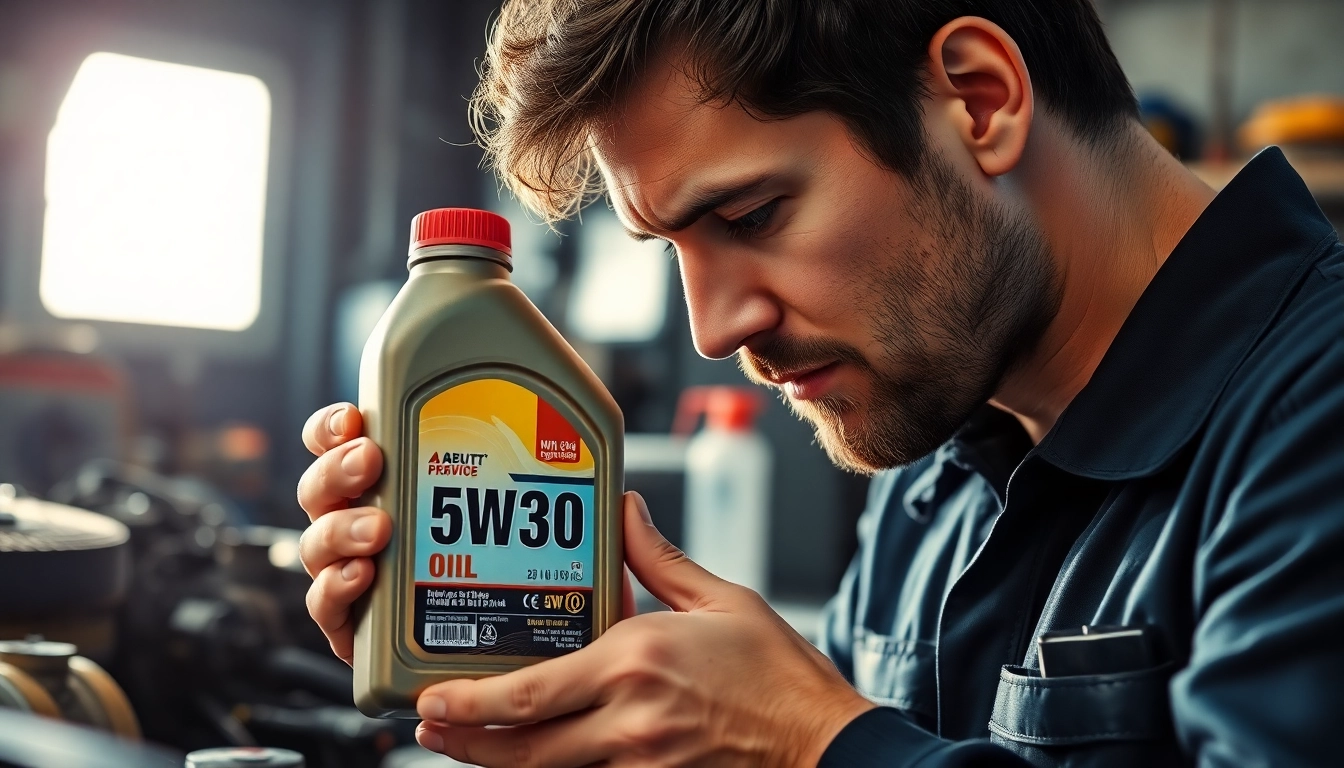Understanding What Makes a Perfect Car
When it comes to purchasing a vehicle, the term perfect car can mean very different things to different individuals. The ideal car is not merely defined by its make or model but is deeply influenced by personal needs, lifestyle choices, and individual preferences. Over the years, automakers have developed a range of vehicles that attempt to cater to the diverse demands of the market, yet the quest for that “perfect” automobile often begins with personal reflections on what one seeks in a car.
The Importance of Personal Preferences
Each car buyer has unique criteria influenced by lifestyle, family size, budget, and even emotional attachment to specific brands. For families, safety and space may take precedence, while single professionals might prioritize style and performance. Wading through these subjective factors is crucial to isolating potential vehicles that could ultimately satisfy one’s specific needs.
Moreover, personal taste plays a significant role in vehicle selection. Some may yearn for the sleek design of a sports car, while others might gravitate toward the rugged functionality of an SUV or the environmental benefits of an electric vehicle. Thus, understanding personal preferences can help narrow down choices when searching for the perfect car.
Key Features to Consider
Determining what makes a perfect car often requires a thorough checklist of features based on individual priorities. Here are some pivotal aspects to consider:
- Performance: Assessing engine power, acceleration, and handling can greatly influence driving experiences.
- Fuel Efficiency: With rising fuel costs and environmental concerns, many opt for vehicles with better mileage or hybrids.
- Safety Ratings: Features such as airbags, anti-lock brakes, and advanced driver assistance systems can make all the difference.
- Technology: Infotainment systems, connectivity features, and driver-assistance technologies have become crucial for modern vehicle owners.
- Cost of Ownership: Understanding the long-term costs—including insurance, maintenance, and depreciation—can help ensure that you make a sound investment.
Market Trends and Their Impact
The automotive industry is constantly evolving, shaped by technological advancements and changing consumer preferences. Integrating features such as electric drivetrains, autonomous driving capabilities, and advanced connectivity options has become commonplace in newer models. Understanding these market trends is essential as they can influence not just the availability of the perfect car but also the affordability and sustainability of specific models.
For instance, the global shift towards electric vehicles (EVs) has led many manufacturers to heavily invest in EV technology, thus creating a plethora of options for buyers looking for environmentally-friendly alternatives. Additionally, ride-sharing services and changing urban landscapes have affected consumer needs, emphasizing compact cars and innovative technological integration.
Steps to Finding Your Perfect Car
Setting a Realistic Budget
Budgeting is a critical first step when searching for the perfect car. It’s essential to establish a financial framework that factors in not only the purchase price but also the ongoing costs associated with vehicle ownership. Consider using the following guidelines:
- Determine your maximum purchase price.
- Factor in additional costs such as taxes, registration fees, and potential dealer fees.
- Consider financing options, including loan terms and interest rates, if applicable.
- Be realistic about monthly operating costs, including fuel, insurance, and maintenance.
Deciding on Vehicle Type and Style
Choosing the right type of vehicle is entirely dependent on your lifestyle needs. Here are some common car categories and considerations:
- Sedans: Ideal for daily commuters looking for comfort and fuel efficiency.
- SUVs: Provide ample space for families and often come equipped with advanced safety features.
- Trucks: Best for those needing towing capacity or significant cargo space for work or recreation.
- Coupes and Convertibles: Attract those seeking style and performance, particularly suited for singles or couples.
- Electric Vehicles: Environmentalists seeking sustainable alternatives may lean towards hybrids or fully electric cars.
Leverage Technology and Resources
In today’s digital age, technology can be a car buyer’s best friend. Tools such as online car databases, comparison sites, and vehicle review platforms can significantly enhance the car search experience. Here are some tips to maximize these resources:
- Use car comparison websites to evaluate multiple models and features side-by-side.
- Read consumer reviews and expert assessments to gauge reliability and performance.
- Engage local dealers or use national search platforms to find competitive prices and local incentives.
- Take advantage of online vehicle history reports to ensure transparency concerning used car purchases.
Comparing Brands for the Perfect Car
Assessing Brand Reputation
Brand perception can play a critical part in your decision-making process. Some brands are synonymous with reliability and trust; others might be recognized for leading innovations or luxury offerings:
Research brand histories and read comparisons to better understand how different manufacturers stack up against each other. You may find that certain brands are known for specific strengths, which can align perfectly with your priorities, whether it be in performance, safety features, aesthetic appeal, or overall reputation.
Evaluating Dealer Services
The service provided by dealerships can significantly affect your overall experience when purchasing a vehicle. Aspects to consider include:
- Customer service quality and dealer reputation.
- Post-purchase support, including warranty coverage and maintenance services.
- Availability of trade-in options and financing assistance.
- Incentives such as loyalty programs, special offers, or financing deals.
Understanding Vehicle History Reports
If you are purchasing a used vehicle, it’s essential to have access to its history to make an informed decision. Comprehensive vehicle history reports provide valuable insights into:
- Accident history and damage repairs.
- Previous ownership records and title status.
- Service records that can indicate the car’s overall maintenance.
Reports from reputable sources can help prevent headaches and costly surprises that may arise after the purchase.
Test Driving and Evaluating Options
What to Look for During a Test Drive
Once you’ve narrowed down your choices, it’s time to get behind the wheel. A test drive is crucial for a firsthand experience of the vehicle’s performance and comfort. When test driving, consider the following:
- Evaluate visibility, comfort, and feel of the driving experience.
- Test all features, including infotainment, air conditioning, and other controls.
- Assess the vehicle’s handling, acceleration, and braking for responsiveness.
- Consider conducting a test drive in various conditions, including highways and local traffic.
Common Pitfalls to Avoid
While shopping for a car can be an exciting experience, buyers often fall into common traps. Here are some pitfalls to watch out for:
- Skipping the inspection and not considering the vehicle’s history if it’s used.
- Focusing solely on the monthly payment rather than the total cost of ownership.
- Rushing the decision—pressure from salespeople can lead you to overlook important details.
- Neglecting to explore all financing options to get the best deal.
Final Decision Considerations
Once you have gathered all the necessary information, it will be time to make your final decision. Reflect on the following:
- Compare how well each option aligns with your initial needs and budget.
- Evaluate the overall value of the vehicle based on features and market research.
- Trust your instincts and emotions—does the car make you feel excited and satisfied?
Maintenance Tips for Your Perfect Car
Essential Upkeep Practices
Owning the perfect car extends beyond the purchase; ensuring its longevity requires consistent maintenance. To keep your vehicle in optimal condition, prioritize these upkeep practices:
- Follow the manufacturer’s recommended maintenance schedule for services such as oil changes and tire rotations.
- Monitor fluid levels, including oil, coolant, and brake fluid, to prevent malfunctions.
- Keep the interior and exterior clean to protect against wear and rust.
- Inspect tires and brakes regularly for optimal safety.
Scheduling Regular Services
Routine maintenance appointments can help reduce repair costs in the long run, as identifying issues early can prevent them from escalating. Here’s how to approach regular services:
- Track scheduled maintenance based on your mileage.
- Utilize technology to set reminders for upcoming service appointments.
- Establish a relationship with a trusted mechanic to discuss potential repairs and maintenance.
Understanding Insurance Options
Proper insurance coverage is crucial in securing your investment. Consider these points:
- Shop around for various insurance quotes to find the most competitive rates.
- Assess the coverage options, including liability, collision, and comprehensive insurance.
- Understand policy details, deductibles, and claims processes to ensure you’re fully covered.












Leave a Reply